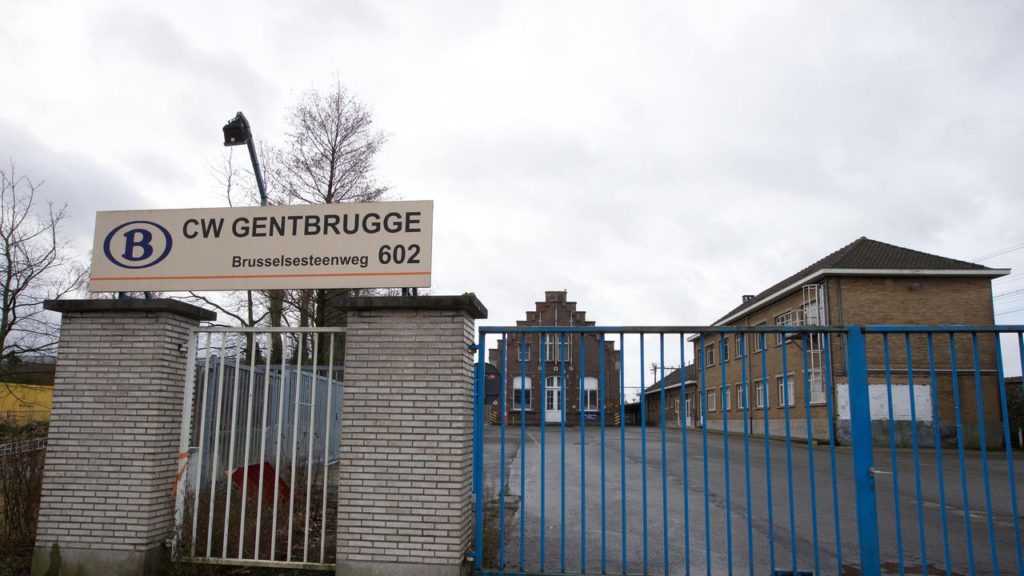The national rail authority SNCB has been fined €210,000 by a court in Ghent for having exposed 70 workers to a dangerous substance.
The workers were engaged to dismantle out-of-service rolling stock, which turned out to contain chromium-6 or hexavalent chromium.
Chrome-6 is the subject of the film Erin Brockovich, based on a real case where it was found to be polluting the water supply. In this case, the chemical was found to be in dust form, inhaled by the workers at the workshop in Gentbrugge in East Flanders.
When inhaled, chromium-6 can cause nasal, sinus and lung cancer.
The work at the workshop went on for 18 months in 2014 and 2015, during which time the workers were not given adequate protection. Some of them have died in the meantime, the court heard.
The €210,000 is a fine, not damages. A claim for personal damages of €2,500 for each of the workers bringing the complaint was rejected by the court.
“The claim was refused under a law of 1903 which states that a worker affected by an occupational disease cannot claim damages from his employer. It is the Compensation Fund for Occupational Diseases which pays lump sum compensation. We would have liked the court to go further by ordering SNCB to pay damages because, for us, the fear of falling ill is a form of injury in itself ,” said Jan Buelens, lawyer for the 70 plaintiffs.
The judgement is the first time the SNCB has been found guilty by a criminal court. The court heard how the rail authority had known about the dangers of chromium-6 since 2008, and had even sent a circular to its workshops pointing out the risks.
“But it never carried out any risk analysis, nor took any preventive measures, either collective or individual,” Buelens said.
Instead, the workers were equipped only with dust masks, ate their lunch in the workshop and wore their working clothes home where they washed them themselves.
The workshop in Gentbrugge was closed down at the end of 2015, and the wagons transferred to another workshop in Mechelen, where the level of worker protection is higher.
The SNCB has one month to lodge an appeal against the judgement.
Alan Hope
The Brussels Times

